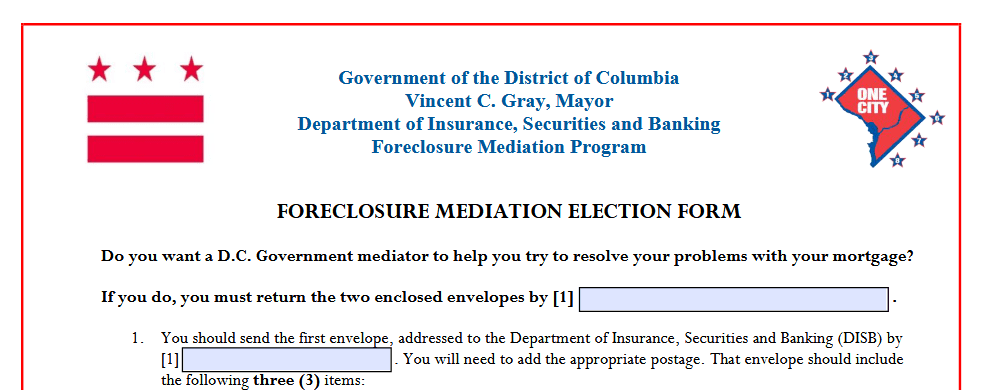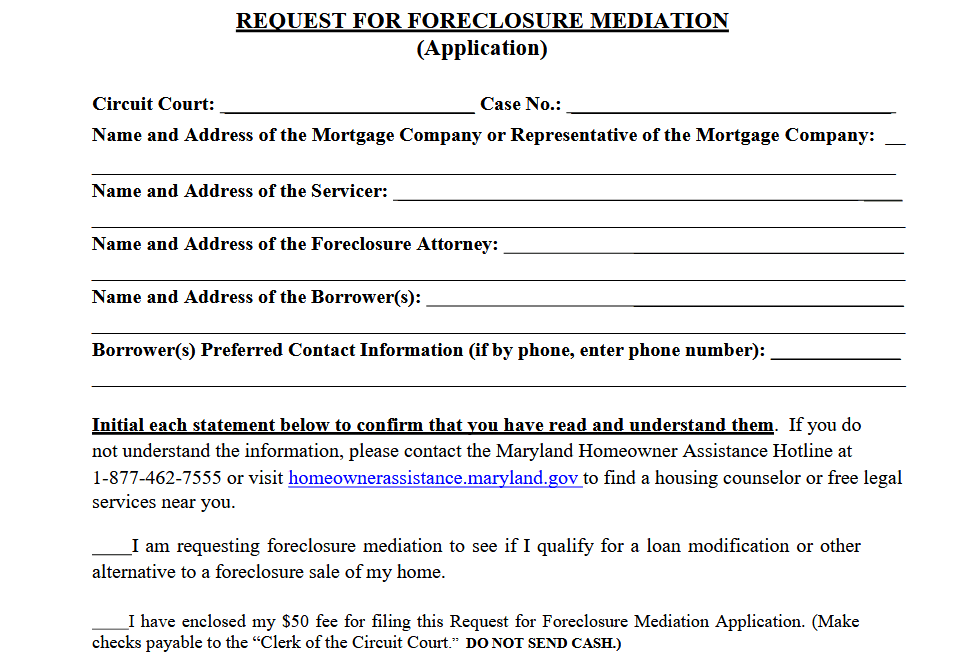Foreclosure Defense for DC & Maryland Homeowners
Foreclosure notices in D.C. and Maryland can move fast; sometimes, it’s a matter of weeks.
Get help from a foreclosure defense lawyer in Maryland or Washington, DC. They might stop the process using laws like the Real Estate Settlement Procedures Act, DC’s Home Loan Protection Act, DC’s Consumer Protection Procedures Act, DC’s Deed of Trust Act, Maryland’s Consumer Protection Act, or Maryland’s Consumer Debt Collection Practices Act.
Request a free consultation
Common foreclosure issues in DC and Maryland
How a Maryland & DC foreclosure defense lawyer can stop the sale
It’s your home.
They’re your rights.
We’ll help you protect both.

Their mistake shouldn’t cost you your home
Life happens. Sometimes you lose a job, get sick, or just need a break to catch up.
Many homeowners sought forbearance or loan modifications for help. But the mortgage company made things worse. Maybe they didn’t explain how payments would work once forbearance ended. They might have promised a loan modification but then broke that promise. Or they could have said you were behind on payments when you actually weren’t.
Sometimes, it’s just the mortgage company’s mistake. They might misapply payments, add surprise fees, or send confusing statements. This can lead you toward foreclosure, even if you did everything right.
Whatever brought you here, foreclosure shouldn’t be the last word. If the servicer broke the rules, lied, or mishandled your account, you have solid legal choices. You can fight back, fix the mess, and protect your home.
How foreclosures happens. Here’s why it may not be your fault
Mortgage companies are supposed to help you find ways to stay in your home, but too often they make it harder.
Forbearance plans often lack clear guidance on payment after they end. Loan modifications get delayed, mishandled, or mysteriously denied. Sometimes it’s just messy: late payments, escrow errors, fake fees, or missing documents.
It all adds up and homeowners end up with default notices they shouldn’t have gotten.
When you’re buried in paperwork, moved around departments, or looking for clear answers, it’s easy to feel like it’s your fault. But the truth is: the system is rigged to push you out faster than it should.
How we fight back and protect your home
We dig deep. We demand your servicing history. We check the numbers. And we hold servicers accountable for breaking laws like RESPA and TILA.
If they violated loss mitigation laws, lied about loan mods, double-tracked foreclosure, or padded your balance with junk fees, we make them prove it. When they can’t, you may have the leverage to stop the foreclosure or strike a better deal.
Sometimes, we discover counterclaims that change the power dynamic. This can give you real bargaining power. You can fix the loan, stay in your home, and move on with your life.


